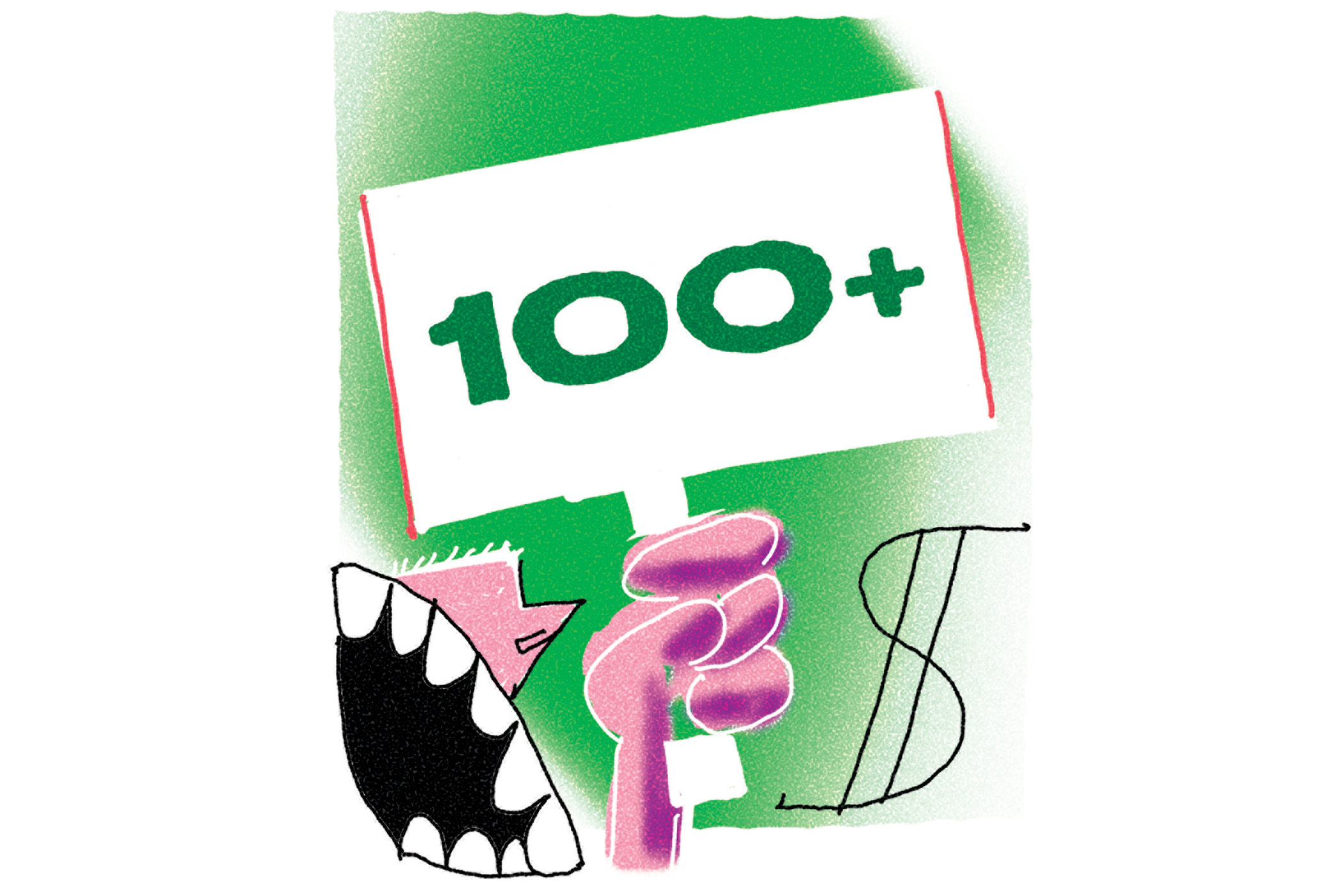Evolution of the mix tape
Vikter Duplaix
DJ Kicks
Studio !K7
Zero 7
Another Late Night
Kinetic Records
We’ve come a long ways away from the days of the mix tape street vendors, when in big cities like New York you’d run into some local cat selling mix tapes from your favorite DJs, as easily as one would sell hot dogs or pretzels. They’d be dubbed, sometimes crudely, off his home system, but they’d be pretty tight anyway because if you weren’t a DJ, you probably weren’t going to scour through hundreds of record stores to look for those obscure records that you had never heard of before and couldn’t find anyway.
While that still happens today in places like NYC, the mix tape as a form of musical expression and medium has grown up to a full-fledged identity of its own. This especially in the past decade, as the DJ culture exploded. Now, in any record store, you’ll find countless mixes from countless DJs, and some from people who aren’t even DJs, with every type of music available. There are even some mix CDs out there deconstructing the deconstruction that is DJing, creating “imperfect” mixes, decentering the whole idea of the seamless mix.
While it’s unlikely that Vikter Duplaix and Zero 7 had such intentions, their respective mixes aren’t exactly examples of the seamless mix. Instead, the focus is on another aspect of Djing: song selection itself, which is often more critical to a metronomic beat pace.
The latest from the grand-daddy-of-DJ-mix-compilations series, DJ Kicks, comes from highly acclaimed Philadelphia producer and vocalist Vikter Duplaix. Duplax has worked with such artists as Erykah Badu, Jazzanova, King Britt, Jamiroquai, Me’Shell Ndegecello, Incognito and more.
As one could imagine, his mix consists mostly of jazzy, soulful, house and dance music, from the funky “Hold It Down” from 4 Hero to Herbert’s “You Saw It All” to De La Soul’s “Copa (Cobanga).” Duplaix likes to change up the tempo and style, as he goes from the four-on-the-floor of Osunlade’s “Tree of Life” to the broken beat of his own DJ Kicks original, “Sensuality,” or from the easy shuffle of Shawn Lee’s “Happiness (Ashley Beedle’s West Coast mix)” to the nu-jazz of Mandrake’s “Berimbau” and Mr. Hermano’s “Free As The Morning Sun.”
Supposedly, Duplaix’s mix is “modeled after the hip-hop mixtapes of the early ’90s, where “big-name rappers” talked in between the tracks. Instead of rappers though, Duplaix made computerized voices in an attempt to “appeal to modern, high-tech society.” While it’s a nice thought, the result takes away from the music, as it sounds like Mr. and Mrs. Stephen Hawking stopped by the studio to record some toasts on the mix. Not the best choice, and rather annoying by the end of the album.
While Duplaix focuses on mostly the nu-jazz broken-beat house thing that’s the hype these days, Zero 7 take a quieter approach on their latest addition to the Another Late Night series.
The diverse selections on the disc seem appropriate to their nature – these are soulful downtempo tracks. The mixing here is more like cut-and-paste, but the approach seems to work with the laid-back feel heavily influenced by ’70s chill-out masters such as Roy Ayers and Leroy Hutson, who has a track included called, appropriately enough, “Cool Out.”
Somehow, the seemingly incongruent roster of artists with tracks in the mix works out. Zero 7 find the seams to connect it together, often surprisingly, as Cinematic Orchestra’s “Channel One Suite” segues quite well with Joy Zipper’s “Christine Bonilla” and “Ghost Ship In A Storm” by Jim O’Rourke. Then we get Souls of Mischief’s classic “93 Til Infinity” and Da Lata’s classic in the making, “Pra Manha.”
As a whole, the shifts that occur in the one hour plus course of the album are like the gentle up and down rifts of the tide, starting with a couple of Quasimoto-produced tracks, “Sunrays” and “Real Eyes,” to a dubby remix instrumental of Roots Manuva’s “Witness” to Slum Village’s neurotic soul on “Jealousy.” Herbert’s rework of eclectic French singer Serge Gainsbourg’s “Bonnie & Clyde” gives a dramatic feel midway through the disc, which then turns back to the happy vibes of Shawn Lee’s “Happiness,” though included here in its entirety, unlike in Duplaix’s mix. Reaching the end of the disc, we go through some of their influences, with rare groove from Sylvia Striplin and Don Blackman, and Zero 7 even does a cover of Johnny Osbourne’s “Truth And Rights,” and for the nightcap, The Stylistics’ “People Make The World Go Round,” making it perfect for getting back late from the nightlife.


